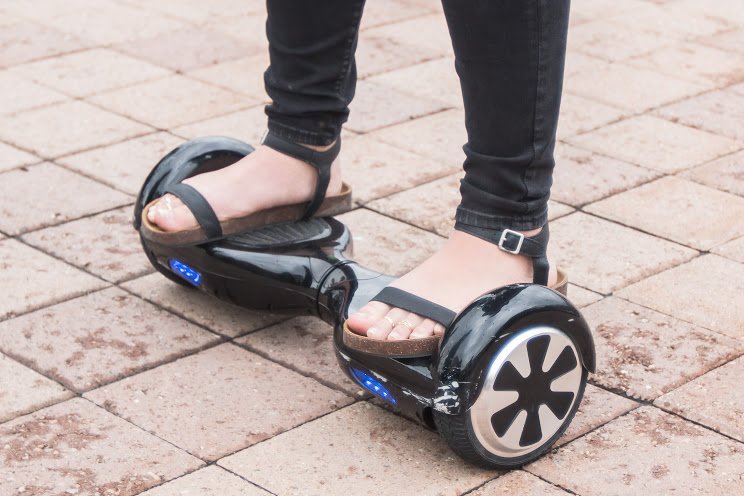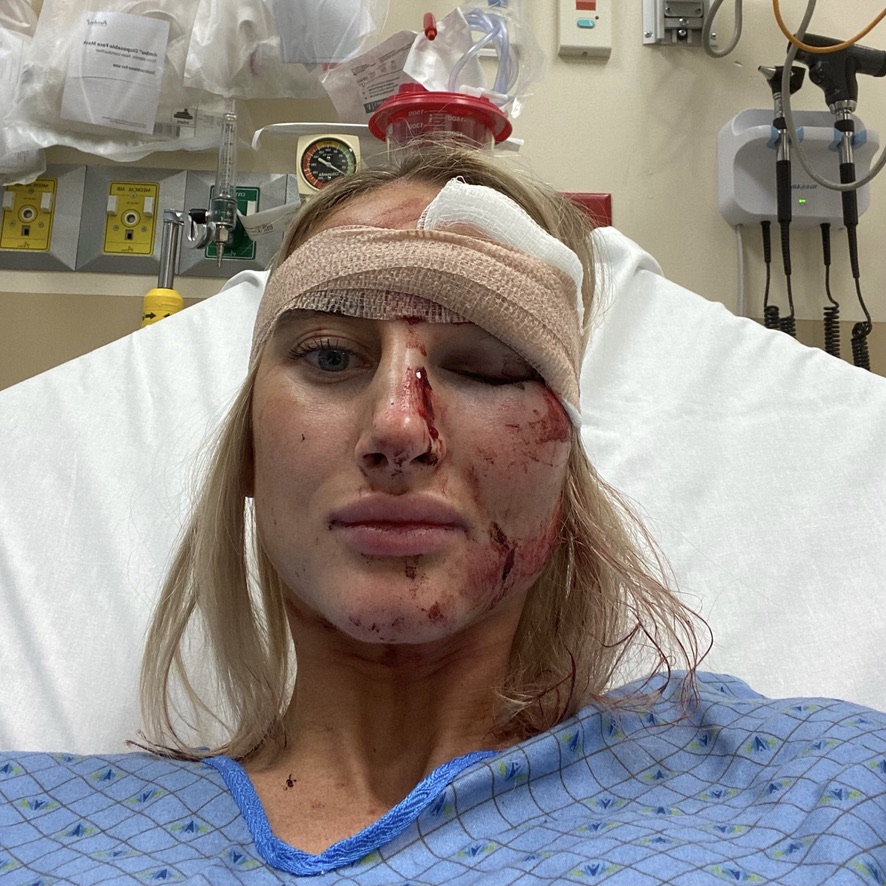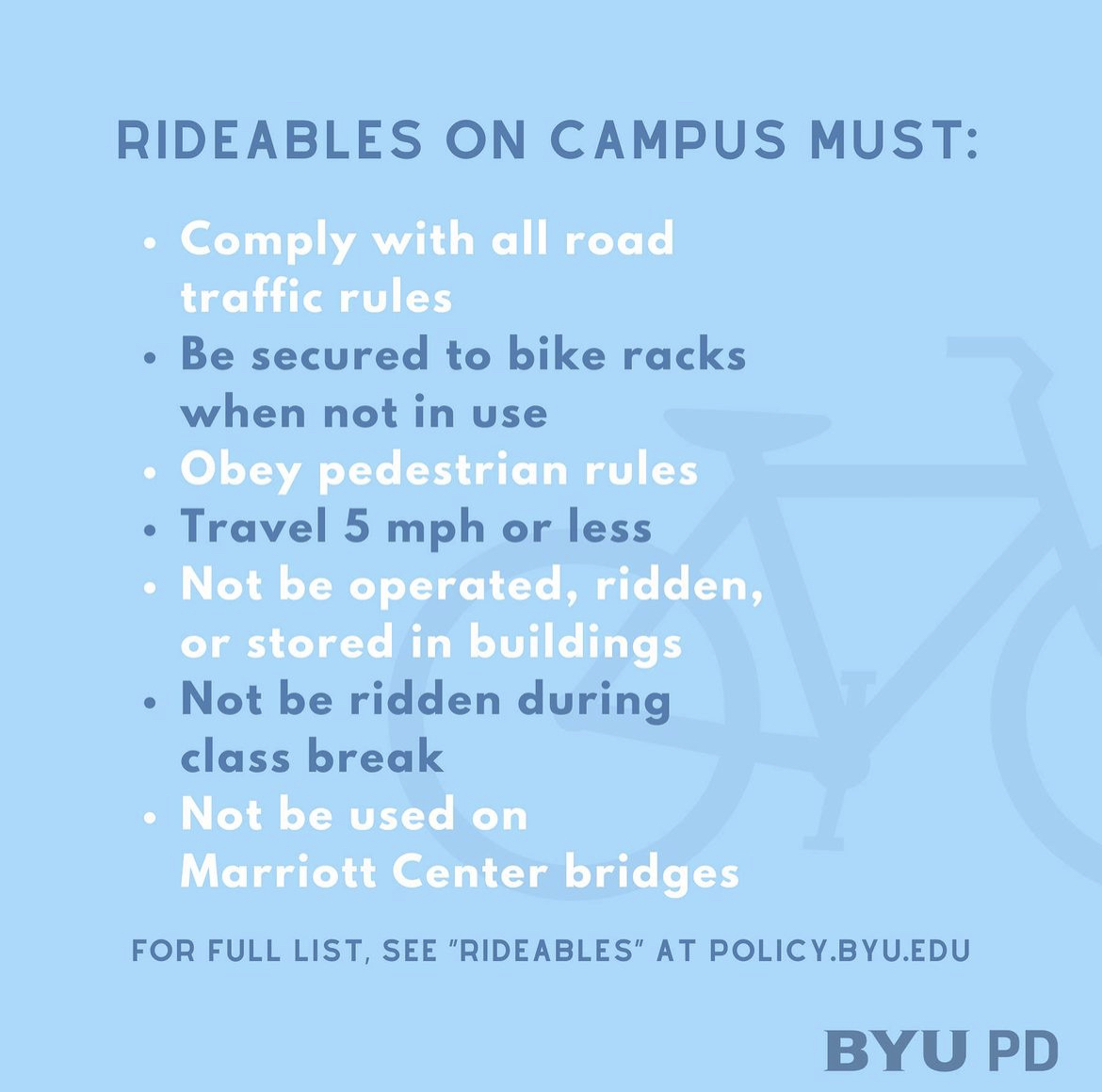
Self-balancing scooters have become a popular rideable option for students, offering a fun and eco-friendly mode of transportation.
BYU student Brigham Parker from New Hampshire said he got his hoverboard last summer as a tool for door-to-door selling.
“After selling, I decided it would be a great way to save time and energy getting places,” Parker said. “I don’t have a car, so it’s a cost effective way to get to classes.”
BYU Police Lt. George Besendorfer said BYU is very positive about the use of hoverboards because it offers additional options for parking.
“We encourage people to bring these devices on the campus, just ask that they please follow the BYU rideable policies so we can be safe,” Besendorfer said.
The BYU rideables page lists school regulations and extra tips to encourage safe riding on campus, including the recommendation of a good-quality helmet.

Tori Knight from Sandy, Utah was recently hospitalized after a bad hoverboard crash and said she wished she had considered safety before riding the hoverboard.
“I was going about 5 mph, right across the street to a friend’s house, and it kinda stopped on me. Sometimes if you lean forward too much … or if it has a low battery, it will glitch out … I fell straight on the asphalt and hit my head,” Knight said.
Knight’s injuries included a bad concussion, eight fractures to her nose, stitches in her eyebrow, a popped blood vessel in the right eye, and a two week-long recovery.
“I think a lot of people see it as an easy way to get around, so don’t think of ways to get hurt,” Knight said. “You never know what can happen and it’s always better to be safe than sorry.”
Consumer reports have emphasized self-balancing scooters are extremely sensitive and should be practiced with the assistance of a strong spotter before being taken on the road.
Parker said he has scraped himself up from falling from his hoverboard. He said he thinks safe riding is important, especially around others.

“Ride as if you are a pedestrian unless you are going fast enough… it poses a risk to other people or to yourself if you try cutting through people,” Parker said.
“While using a roadway on BYU campus, a rideable is considered a vehicle … and you are subject to the same provisions as the operator of any other vehicle,” according to the BYU rideables page. “This includes obeying traffic signals, stop and yield signs and all other official traffic control devices.”
The page recommends reviewing all of the BYU rideables policies and guidelines before purchasing one of your own.




